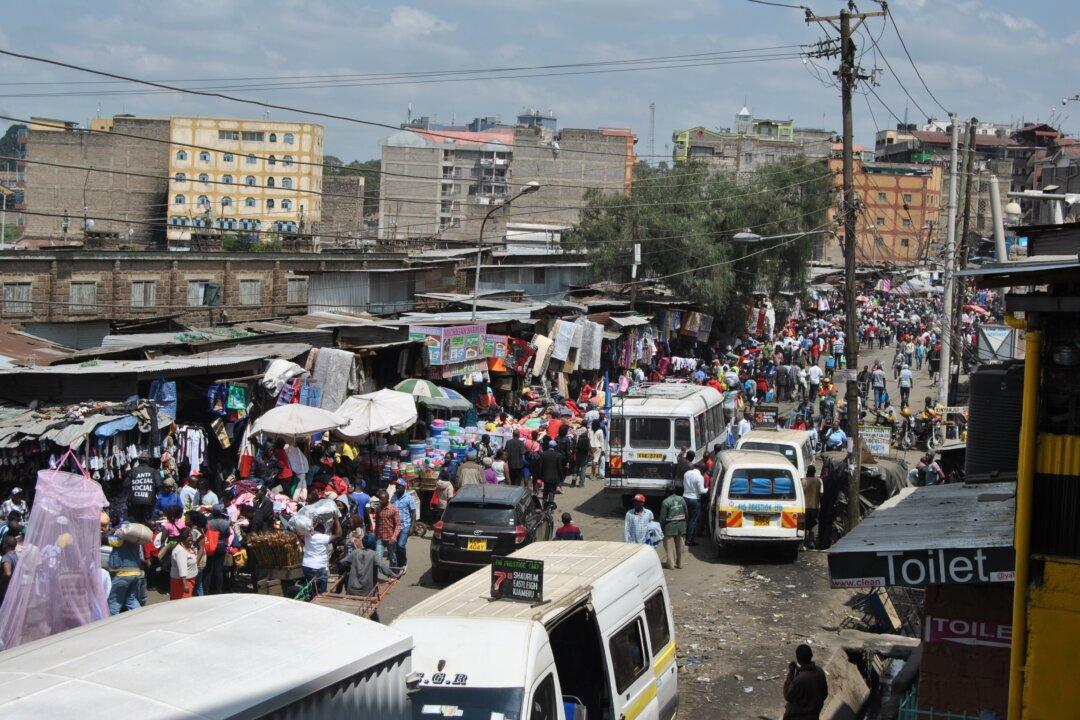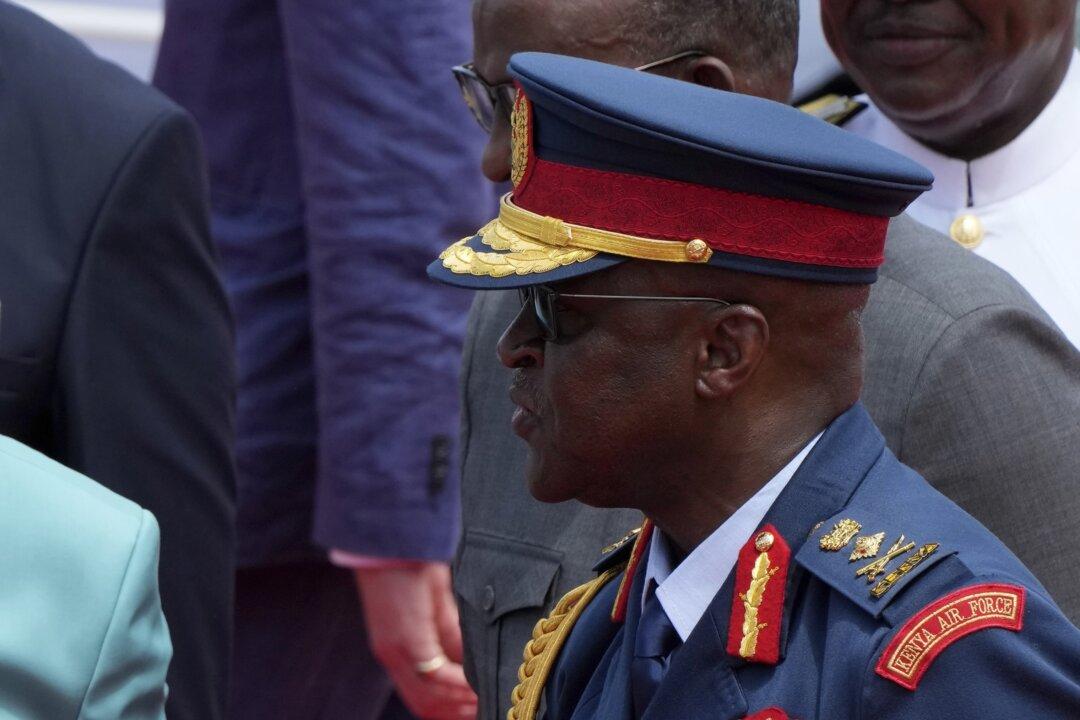NAIROBI, Kenya—It’s midmorning in downtown Nairobi and the Gikomba market, Kenya’s gateway for the importation of second-hand clothes, is already a beehive of activity, with the hustle and bustle of people and vehicles, and vendors shouting at the top of their voices announcing the prices of their goods and new arrivals.
The market is known for the second-hand clothes that many Kenyans seek for their durability and affordability. As such, the market is always full of buyers and has, in turn, employed countless Kenyans over the years.





